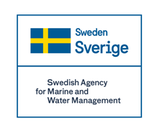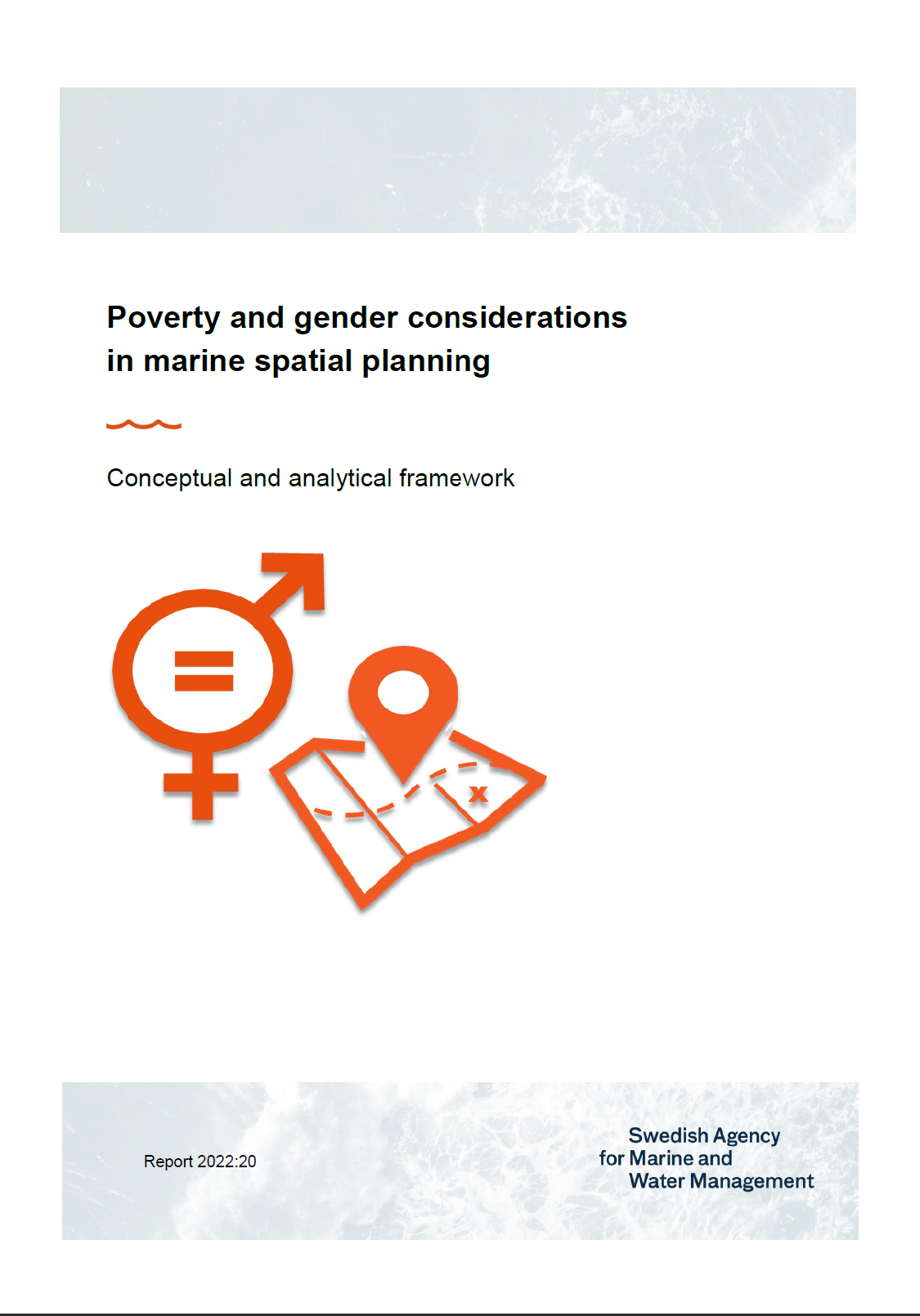Poverty and gender considerations in marine spatial planning
The report provides a framework for ensuring that marine spatial planning (MSP) does not worsen poverty and gender inequality in developing countries, and that potentially marginalised groups are appropriately considered and engaged in the MSP process.
Summary
The report provides a framework for ensuring that marine spatial planning (MSP) does not worsen poverty and gender inequality in developing countries, and that potentially marginalised groups are appropriately considered and engaged in the MSP process.
This report provides guidelines for the steps of a more inclusive MSP process.
The findings indicate that a scorecard can be used to guide the social sustainability of the MSP process. The criteria in the scorecard include:
- power and voice
- resources
- opportunity and choice
- security – community security and domestic harmony
These criteria are based on the multi-dimensional poverty assessment framework by Sida, the Swedish International Development Cooperation Agency.
Use the guide
Here is a guide that summarises the report in a step-by-step way:
Useful to planners and decisions-makers
This report can be useful to MSP planners and decision-makers at both local and national levels for to design an inclusive MSP process.
Metrics tested in field case studies
Moderately comprehensive social surveys were undertaken in three countries to test the metrics for incorporating gender and poverty dimensions into MSP. A total of 1506 households were interviewed.
Case studies
Summarising synthesis
Why consider poverty and gender in your marine spatial planning
Long-term success of MSP hinges on the three pillars of sustainability – environmental, economic and social sustainability.
MSP is most often a national and centrally driven process that distributes power and influence among societal actors. Because of that, MSP may entrench existing power dynamics and marginalisation of groups, such as poorer households or women.
By considering poverty and gender in your MSP you may increase the long-term success of you MSP.
This report forms part of the Swedish Agency for Marine and Water Management’s efforts to support MSP implementation in the Western Indian Ocean.
Financed by Sida, the Swedish International Development Cooperation Agency.
%20sverige-swam.png)




